1. Jaws (1975)
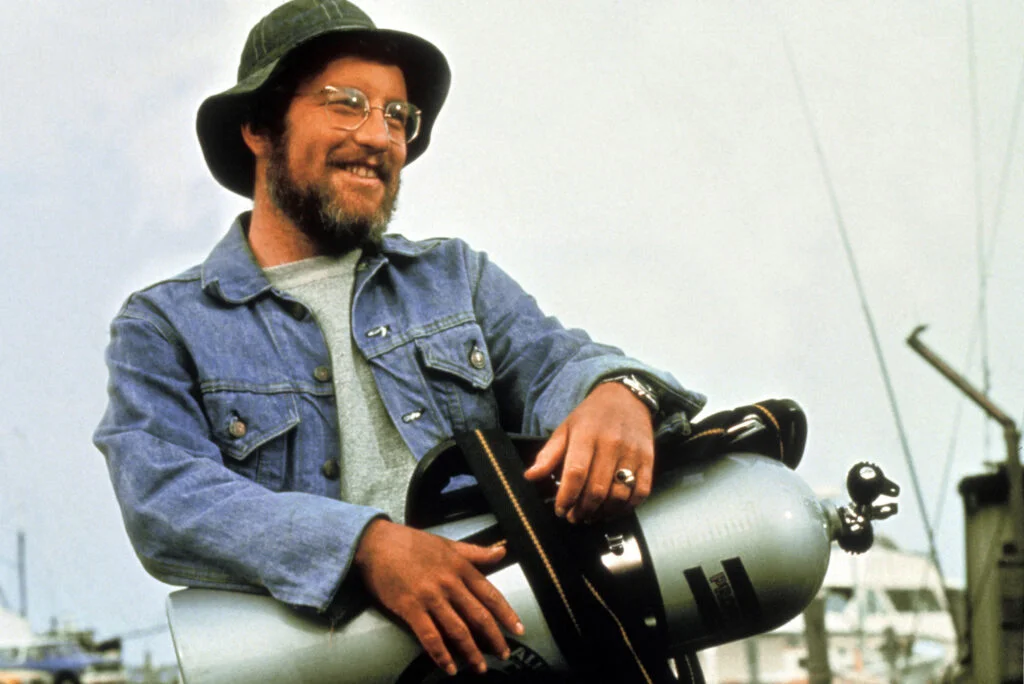
Jaws wasn’t just a thriller about a giant shark terrorizing a beach town—it was the movie that created the summer blockbuster phenomenon. Directed by Steven Spielberg, it set the standard for big-budget films with mass appeal, proving that a carefully orchestrated marketing campaign could help make a film a cultural event. The massive success of Jaws changed the way studios approached their release schedules, and suddenly, summer became the time for the year’s biggest films.
Before Jaws, movies rarely opened with such wide releases. Its success led to a shift in how films were marketed and distributed, with studios beginning to invest heavily in pre-release hype and nationwide campaigns. Its impact was felt for decades, influencing the way action movies were produced and how blockbusters were designed to captivate audiences on a grand scale.
2. Star Wars (1977)
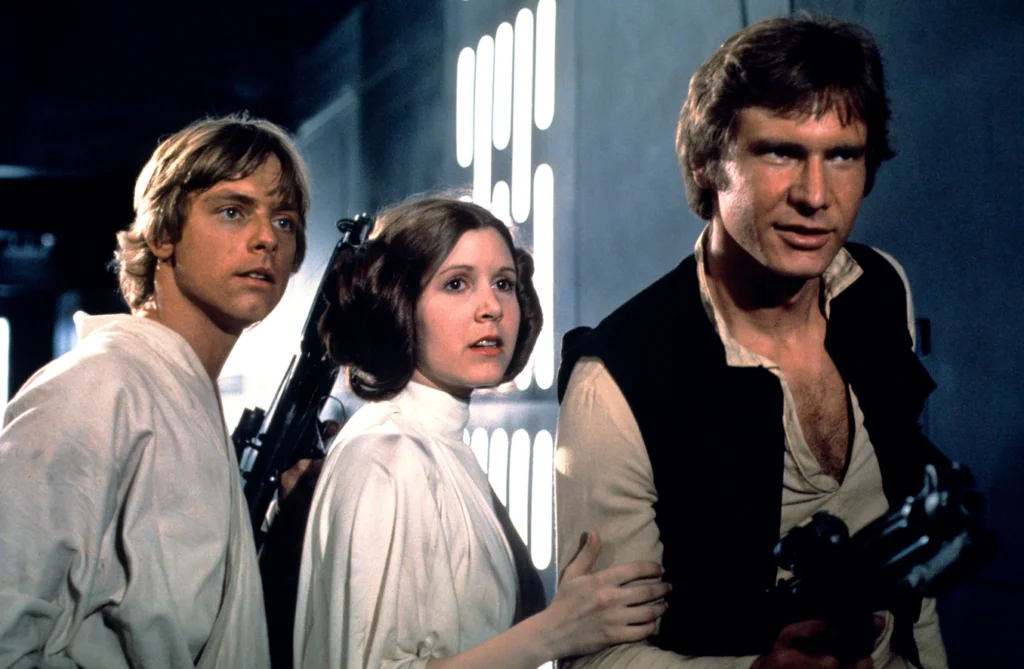
When Star Wars hit theaters in 1977, it was a groundbreaking moment in cinema. George Lucas’s space opera introduced the world to a universe of unforgettable characters, epic battles, and groundbreaking visual effects that were years ahead of their time. Its success was so immense that it redefined what was possible in both storytelling and special effects in Hollywood, making it the blueprint for modern blockbusters.
The film’s influence on merchandising was another major turning point. Star Wars became a cultural juggernaut, spawning a franchise that included action figures, books, TV shows, and even theme parks. The movie revolutionized the concept of cross-media branding and set a precedent for franchises to follow for years to come.
3. The Godfather (1972)
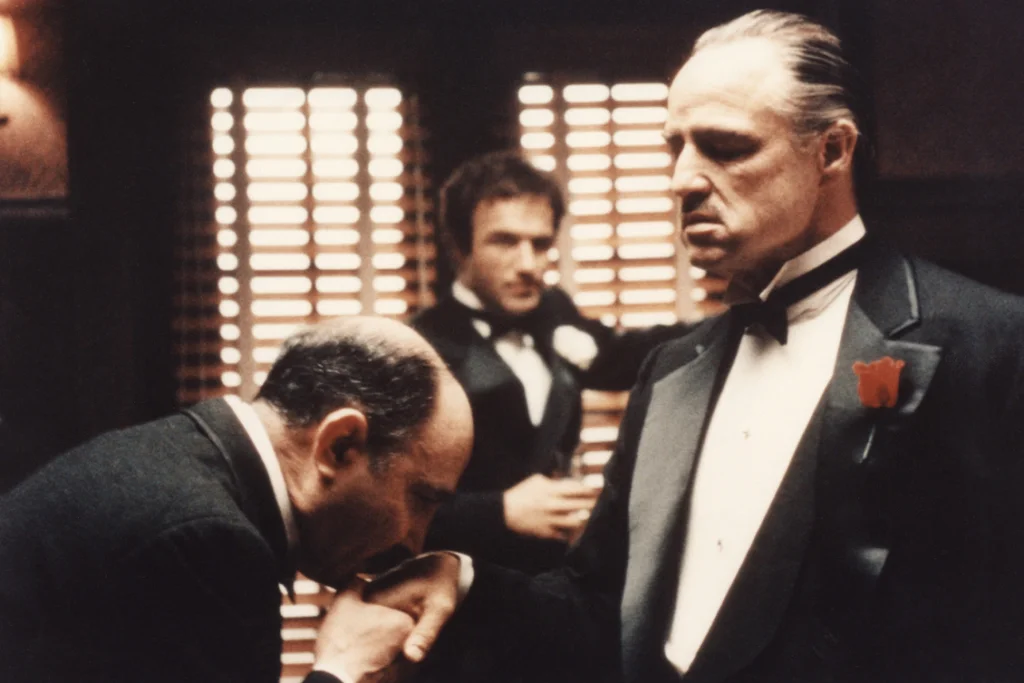
The Godfather is more than just a mafia saga—it’s a film that redefined the very idea of cinematic storytelling. Directed by Francis Ford Coppola, this adaptation of Mario Puzo’s novel combined high drama with sharp social commentary, elevating the gangster genre to an art form. It also set the bar for ensemble casting, with Marlon Brando’s performance becoming legendary, and Al Pacino’s rise to stardom began here.
Its influence can be seen in nearly every crime film that followed. With its emphasis on family dynamics, moral ambiguity, and long, slow-building tension, The Godfather became the blueprint for a new kind of movie-making that focused on both style and substance, impacting generations of filmmakers.
4. Saturday Night Fever (1977)

Saturday Night Fever became a cultural touchstone that defined the disco era and elevated John Travolta into an international star. Set against the backdrop of the booming disco scene in Brooklyn, the film’s electrifying soundtrack, featuring the Bee Gees, and its portrayal of the struggles of working-class youth, made it more than just a dance movie. The iconic dance moves and soundtrack made it a phenomenon that’s still referenced in pop culture today.
The film’s success had a ripple effect across the entertainment industry, inspiring a surge in disco music, fashion, and even TV shows like Dance Fever. It showed Hollywood that music and dance could be integrated into mainstream storytelling in ways that were both commercially successful and artistically significant, making Saturday Night Fever a cornerstone of ’70s pop culture.
5. Rocky (1976)
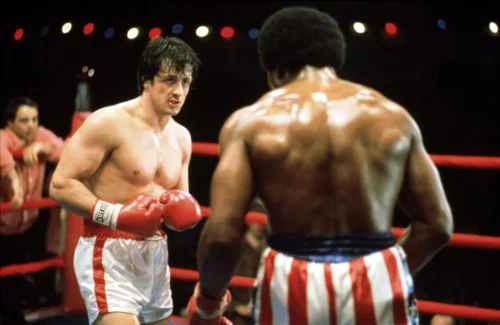
When Rocky was released, no one could have predicted it would become a cultural touchstone. Sylvester Stallone’s portrayal of the underdog boxer resonated with audiences, and the film became one of the most beloved sports movies of all time. It’s not just about the boxing, though—it’s about heart, determination, and the American dream, themes that struck a chord with viewers in the mid-1970s.
The film’s success opened doors for independent filmmakers and showed that a modestly-budgeted film could make a huge impact. It was a classic example of an underdog story both on and off-screen, influencing filmmakers and actors who wanted to bring personal, heartfelt stories to the screen.
6. Superman (1978)
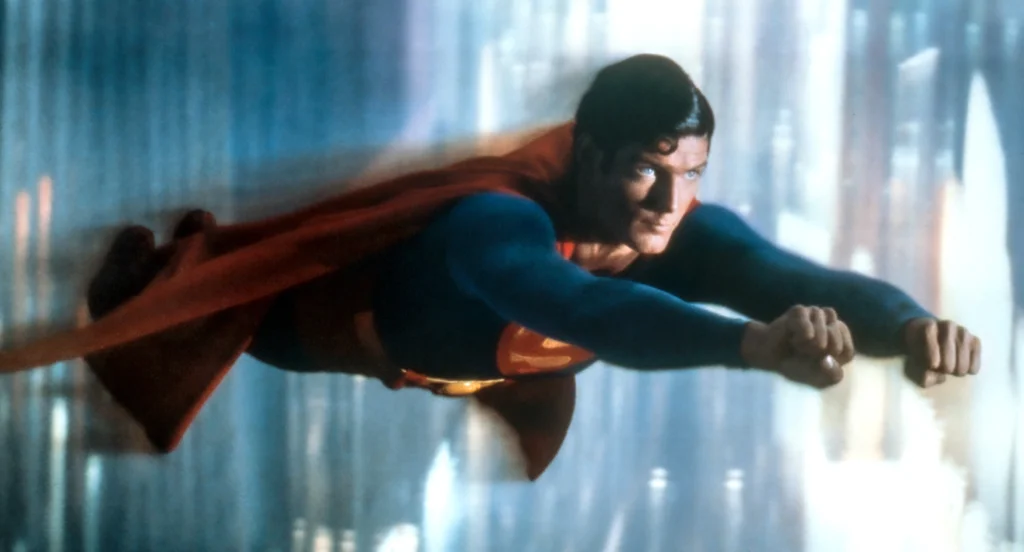
Superhero movies were practically nonexistent before Superman hit theaters, but this groundbreaking film changed all that. Directed by Richard Donner, it was the first superhero movie to truly embrace the character’s iconic status, setting the stage for all superhero films that followed. Christopher Reeve’s portrayal of the Man of Steel became the gold standard for superhero performances, showing how to bring larger-than-life characters to the big screen with dignity and charm.
Superman proved that audiences were ready for comic book characters to come to life. It inspired a wave of superhero movies that would later flood theaters, starting a genre that continues to dominate today. It also raised the bar for visual effects in films, especially in creating the stunning sequences of Superman flying.
7. Star Wars: The Empire Strikes Back (1980)
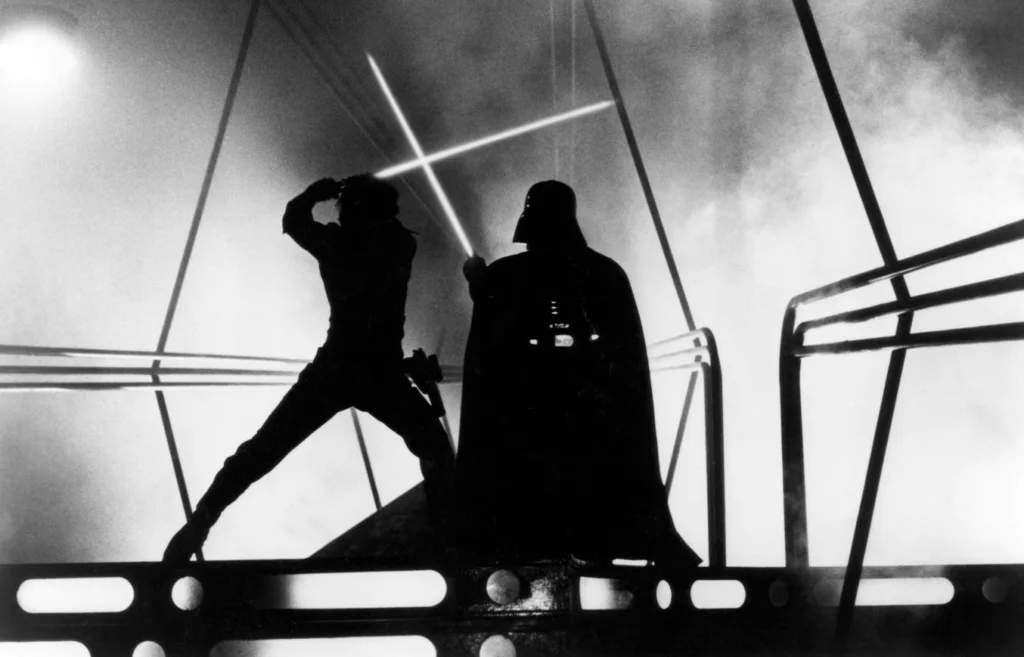
The sequel to Star Wars took everything that made the original film great and expanded it exponentially. The Empire Strikes Back was darker, more complex, and deeper in its exploration of the characters and their journeys. The film took risks, especially with its iconic plot twists, and the movie’s darker tone set a new standard for sequels in Hollywood.
The success of The Empire Strikes Back solidified the idea that sequels could be just as successful—if not more so—than the original films. Its influence stretched far beyond just sci-fi; it impacted storytelling techniques in countless genres, pushing Hollywood to take more creative risks with sequels.
8. Taxi Driver (1976)
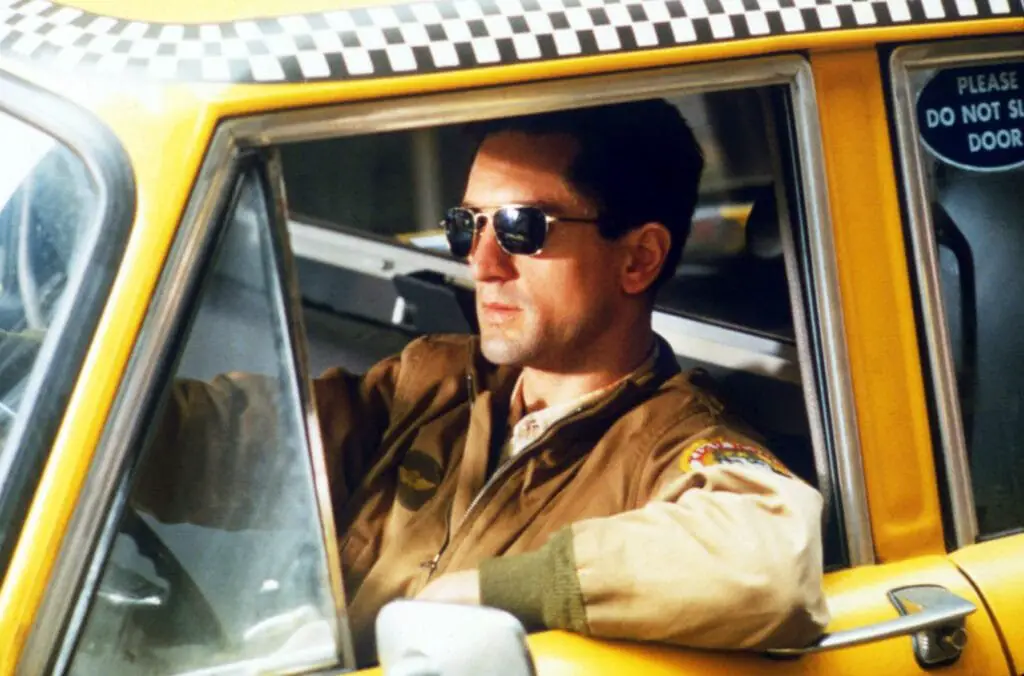
Martin Scorsese’s Taxi Driver was a gritty, visceral exploration of urban isolation and mental deterioration. Robert De Niro’s iconic performance as Travis Bickle, a troubled New York cabbie, cemented his place in Hollywood history. The film’s dark, disturbing tone and its haunting portrayal of loneliness in the modern world challenged conventional filmmaking and storytelling.
The film became a touchstone for how directors could explore complex, dark themes in a mainstream context. Its impact can be seen in the many films that followed it, from psychological thrillers to character-driven dramas that don’t shy away from controversial or uncomfortable topics. It pushed boundaries in terms of content and tone.
9. Close Encounters of the Third Kind (1977)
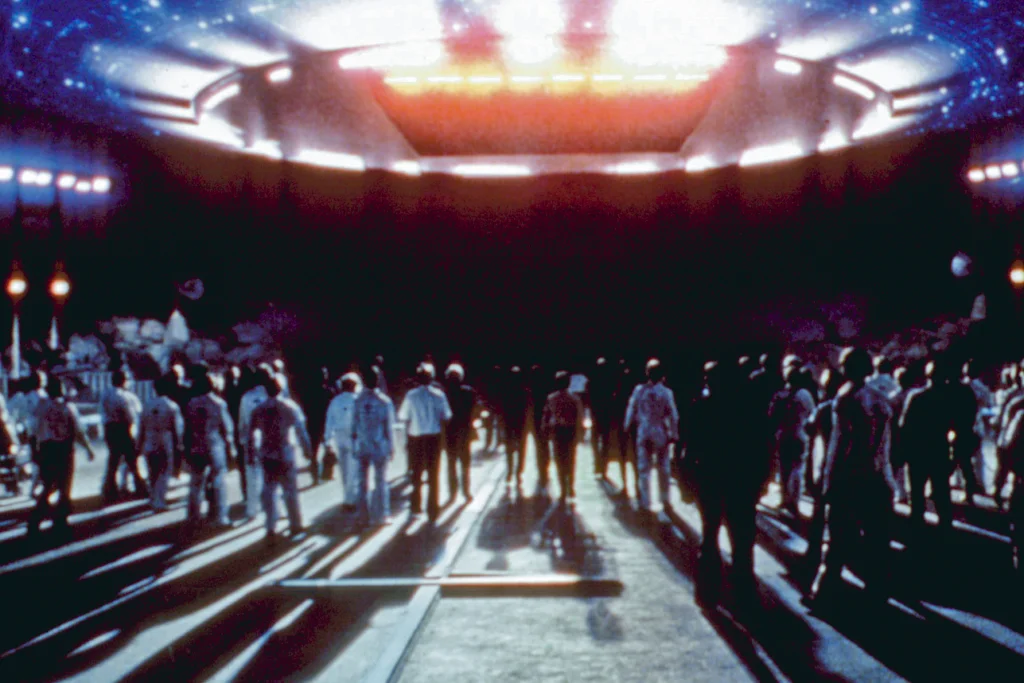
Steven Spielberg’s Close Encounters of the Third Kind was a milestone in science fiction cinema, offering a heartfelt exploration of humanity’s fascination with extraterrestrial life. The film struck a balance between awe and suspense, drawing audiences in with its mysterious premise and stunning visuals. Its portrayal of the unknown was unlike anything seen before, offering a more thoughtful and humanistic take on alien encounters.
The film not only elevated Spielberg’s status as a filmmaker but also influenced how future sci-fi films would approach the genre. Its groundbreaking special effects and sound design raised the bar for how filmmakers would create believable alien encounters, inspiring countless films in the years that followed.
10. Alien (1979)
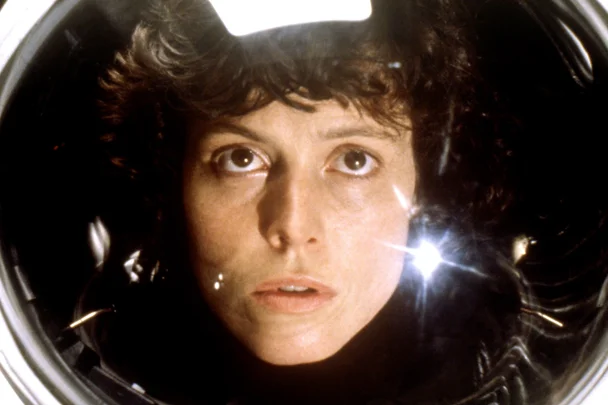
Ridley Scott’s Alien blended sci-fi and horror in a way that had never been done before, creating a genre-defining experience that terrified audiences and set a new standard for both genres. The film introduced the now-iconic xenomorph, one of cinema’s most terrifying monsters, and established Sigourney Weaver as a powerhouse actress with her role as Ellen Ripley. Its stark, claustrophobic atmosphere made it a truly unique film.
Alien redefined what was possible in both sci-fi and horror, creating a template for blending tension, atmosphere, and high stakes. The film’s influence can be seen in countless movies, both within the sci-fi genre and beyond, proving that genre films could be both commercially successful and critically acclaimed.
11. Apocalypse Now (1979)
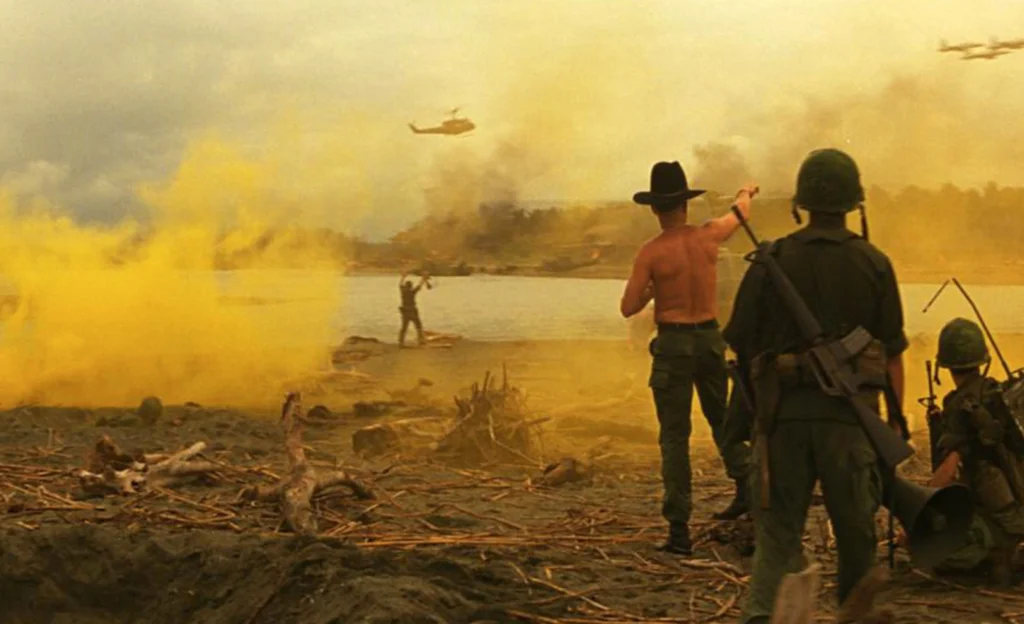
Apocalypse Now was a daring cinematic vision that broke boundaries in terms of both subject matter and execution. Directed by Francis Ford Coppola, it took the Vietnam War and transformed it into a surreal, nightmarish journey. The film’s unforgettable imagery and complex themes of morality and madness set it apart from traditional war films.
The film’s tumultuous production and eventual release solidified its place in cinema history. It influenced the way future filmmakers would approach war films, proving that personal, ambitious projects could tackle complex and controversial issues with depth and nuance. Apocalypse Now is not just a war film; it’s an exploration of the human condition under extreme circumstances.
12. Grease (1978)

Grease wasn’t just a musical—it became a cultural phenomenon that spanned generations. With its catchy songs, unforgettable performances by John Travolta and Olivia Newton-John, and nostalgic depiction of the ’50s, it resonated with audiences on a level few films ever do. Its impact went beyond the movie theater, influencing fashion, music, and even the way we view high school life.
The success of Grease helped revive the musical genre in Hollywood, leading to a resurgence of musicals in the late ’70s and ’80s. Its influence can still be seen in modern musicals today, as filmmakers and producers continue to take inspiration from its winning blend of fun, romance, and unforgettable music.


